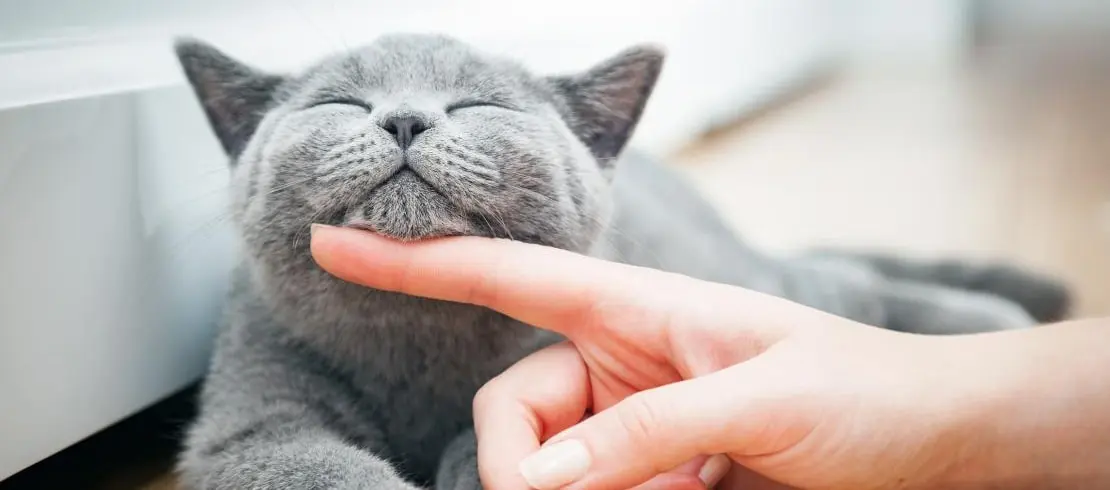Can You Potty Train A Duck?
 Did you know that ducks can be affectionate, entertaining, and intelligent pets? Yes, these feathery creatures, with their waddling walks and delightful quacks, can create an intimate bond with humans, surprising you with their ability to learn tricks. But, every coin has two sides, and having a duck as an indoor pet presents a unique challenge their pooping habits. The pressing question then arises, can you potty train a duck? The short answer is yes, it’s possible, but it isn’t simple. It requires consistency, patience, and positive reinforcement. This article will walk you through understanding duck anatomy and behavior, housetraining your duck with rewards and routines, the option of using duck diapers, and addressing some frequently asked questions about duck potty training.
Did you know that ducks can be affectionate, entertaining, and intelligent pets? Yes, these feathery creatures, with their waddling walks and delightful quacks, can create an intimate bond with humans, surprising you with their ability to learn tricks. But, every coin has two sides, and having a duck as an indoor pet presents a unique challenge their pooping habits. The pressing question then arises, can you potty train a duck? The short answer is yes, it’s possible, but it isn’t simple. It requires consistency, patience, and positive reinforcement. This article will walk you through understanding duck anatomy and behavior, housetraining your duck with rewards and routines, the option of using duck diapers, and addressing some frequently asked questions about duck potty training.
Duck Anatomy and Behavior
Unlike mammals, ducks have a unique digestive system. They possess an organ called the cloaca, a multipurpose opening that serves as a passage for egg-laying, feces and urine elimination, and sperm reception. Ducks lack a rectum and a sphincter muscle, which in mammals gives control over defecation. This results in ducks defecating frequently – every five to ten minutes for ducklings and several times an hour for adult ducks.
Moreover, ducks have no innate sense of where or when to poop. It’s not unusual to find them soiling their eggs postlaying. They are not instinctively inclined to use a litter box or toilet, as some mammals might be. Training them to do so involves employing behavioral techniques tailored to their unique physiology and instincts.
How to Housetrain Your Duck
Housetraining your duck rests on a few key principles establishing a routine, reinforcing specific behaviors, rewarding them, and using cues or signals.
- A routine plays a crucial role. Ducks, like many animals, thrive on predictability. Feed them at specific times and places. Then, take them outside or to a designated area for pooping at regular intervals. Limit their access to certain parts of your home to control where they can and cannot defecate.
- Reward behavior you want to encourage. If your duck successfully poops in the right place, give them a treat, praise, or affection. Conversely, if they defecate in the wrong place, gently scold or ignore them. Remember, punishment or negative reinforcement rarely works and can create fear or anxiety.
- Rewards can be given using treats, praise, toys, or affection. Try varying the type and frequency of rewards to keep your duck motivated and interested.
- Employ cues and signals. You can use verbal commands, hand gestures, clickers, or bells to signal when you want them to poop or when they have done well.
How to Use Duck Diapers
Duck diapers are specially designed garments that fit around your duck’s vent, catching their feces and urine. These can be particularly useful if you want to keep your duck indoors without the accompanying mess, take your duck outside for walks, or simply give your duck more freedom and comfort at home.
To use duck diapers, choose the right size and style for your duck. Put them on and take them off carefully, change them frequently, and keep them clean by washing them regularly. Importantly, monitor your duck’s health and hygiene to ensure that the diaper doesn’t cause discomfort or infections.
Conclusion
Potty training a duck, while challenging, is indeed possible. It requires a comprehensive understanding of duck anatomy and behavior, consistent use of rewards and routines, and optionally, the use of duck diapers. Successfully achieving this milestone can undoubtedly make your life with your pet duck much more enjoyable. If you have any experiences or tips on potty training ducks, we encourage you to share them with our community.













Post Comment